EU feed notifications ruled by pathogenic micro-organisms
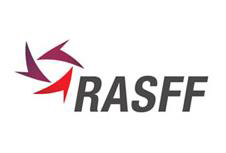
Out of the 3097 original notifications counted in RASFF in 2014, 309 concerned feed. This is about 10% of the total, but rising in number for the first time in several years.
This is according to figures from the RASFF annual report 2014. The 2014 feed notifications are ruled by pathogenic micro-organisms. The second reason, although significantly less, is mycotoxins. Three cases of ragweed seeds in various feeds were reported by Germany. Three notifications were made for too high content of fluorine in complementary feed from Ireland. Copper (3), zinc (1) and selenium (4) were found in too high amounts in complementary and complete feeds from various origins.
Unauthorised genetically modified feed
Unauthorised GM rice (Bt63) was found in rice used in choline chloride feed additive from China. In total 22 notifications were made by different countries and the products were withdrawn from the market. No health risk was identified in relation to this product. Cotton seeds from Côte d’Ivoire were also identified as an unauthorised GM variety in 6 notifications from Italy. Vitamin 2 feed additives were found to contain viable genetically modified micro-organisms. The isolated bacteria were of the species Bacillus subtilis. DNA sequences which do not naturally occur were identified in the isolated bacteria. The isolated bacterium was therefore considered to be genetically modified.
Industrial contaminants
On dioxins and dioxin-like PCBs, 15 notifications were made mostly on (fatty) feed materials from diverse origins. Dioxin levels observed were only in the range of a few ppt except for fish oil. Ireland made one notification on melamine in inactive brewer’s yeast from Poland and partly from Lithuania. Investigations in Poland and Lithuania could not identify the source of the contamination. In 2007, feed materials were reported with melamine, which was intentionally added to falsify analytical results measuring the nitrogen content of the feed.
Mycotoxins
All 26 notifications concerned the measured level of aflatoxins exceeding the legal limit. 12 notifications concerned groundnuts with Sudan most frequently reported as country of origin. 10 notifications concerned maize from diverse origin but with India reported 5 times and once with a very high level of 881 ppb, about 40 times the legal limit. In the top 10 of most notifications, 4 reports were done with mycotoxins. The alerts came from Iran, China and Turkey.
Micro-organisms and TSEs
Most notifications concerned non-respect of the legal limits for Enterobacteriaceae in the feed legislation. To ensure the safety of the final feedingstuff, Regulation (EU) No 142/2011 establishes microbiological standards, including criteria for Enterobacteriaceae, which shall apply for the processing and placing on the market of products of animal origin used for feeding purposes. 11 notifications were made for dog chews, often reported together with Salmonella. Pathogenic micro-organisms All but one of the 151 notifications in this category concerned Salmonella. For details, see the relevant section “Pathogenic micro-organisms” earlier in the report. Notifications under the TSEs header continue from 2013, due to the reporting of ruminant DNA (12 notifications), predominantly in fish feed.
About RASFF
Created in 1979, RASFF enables information to be shared efficiently between its members (EU-28 national food safety authorities, Commission, EFSA, ESA, Norway, Liechtenstein, Iceland and Switzerland) and provides a round-the-clock service to ensure that urgent notifications are sent, received and responded to collectively and efficiently. Thanks to RASFF, many food safety risks had been averted before they could have been harmful to European consumers.
Join 26,000+ subscribers
Subscribe to our newsletter to stay updated about all the need-to-know content in the feed sector, three times a week. Beheer
Beheer

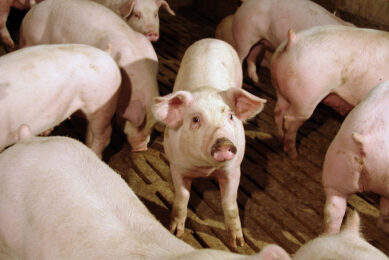
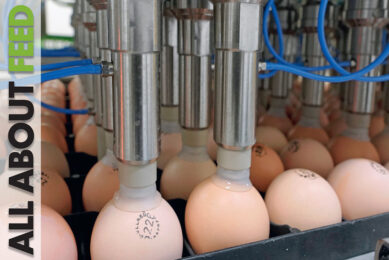
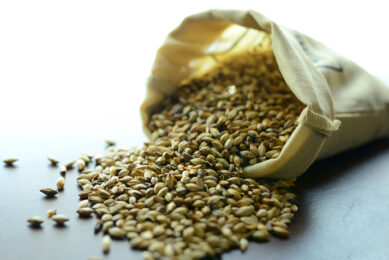
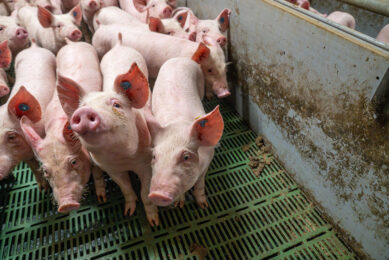




 WP Admin
WP Admin  Bewerk bericht
Bewerk bericht